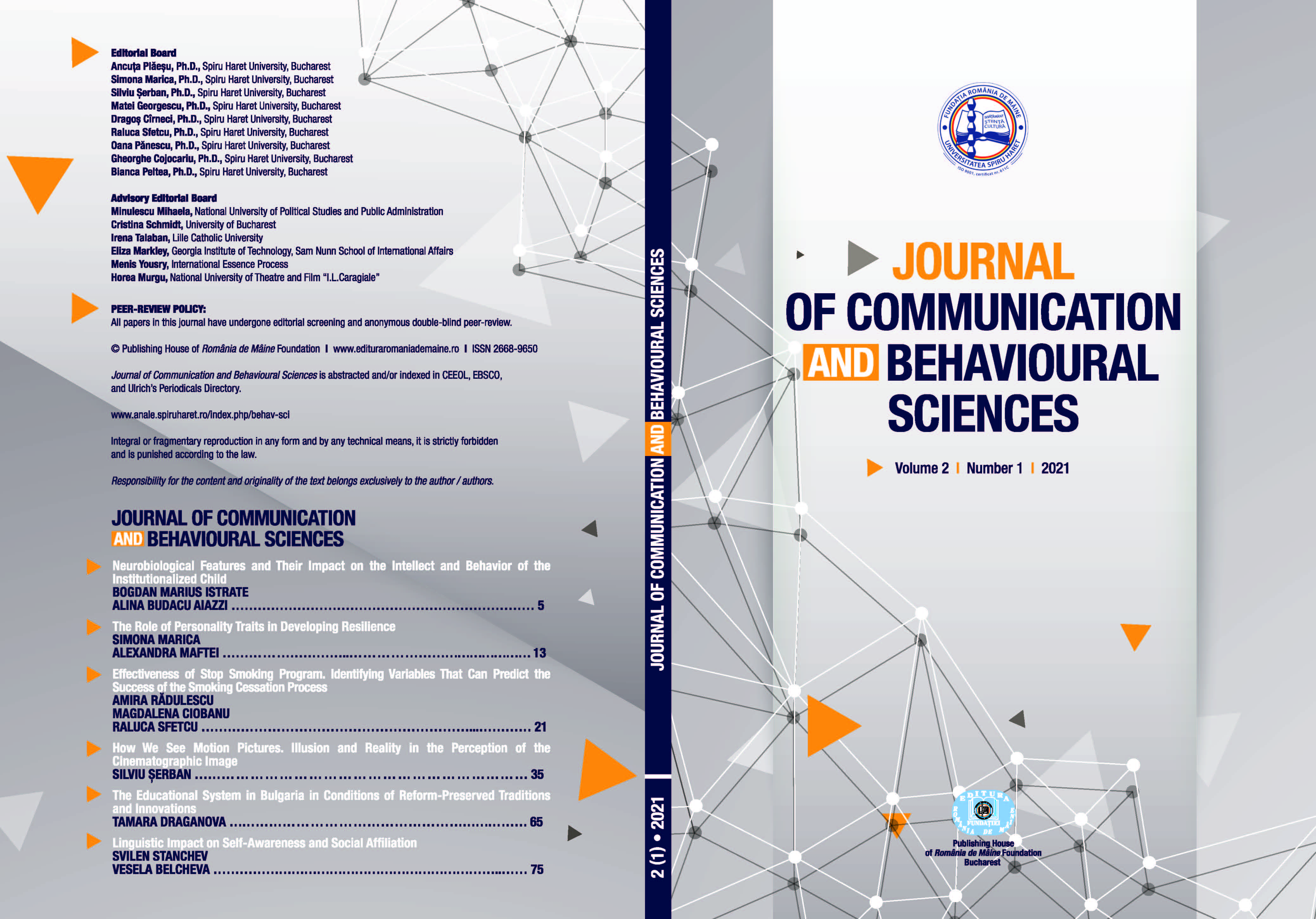NEUROBIOLOGICAL FEATURES AND THEIR IMPACT ON THE INTELLECT AND BEHAVIOUR OF THE INSTITUTIONALIZED CHILD
NEUROBIOLOGICAL FEATURES AND THEIR IMPACT ON THE INTELLECT AND BEHAVIOUR OF THE INSTITUTIONALIZED CHILD
Author(s): Bogdan Marius Istrate, Alina Aiazzi BudacuSubject(s): Neuropsychology, Clinical psychology
Published by: Editura Fundaţiei România de Mâine
Keywords: neuropsychiatry; child behavior; neurobiology; institutionalized; development; delay;
Summary/Abstract: Institutionalized children often suffer from a vulnerability and neglect that can affect their lives throughout its course, leaving even the sequelae that imprint them and a certain delay in their hormonal, physical and emotional-behavioural development. The environment from which these children come, the family particularities and the nature of the institutionalization, are decisive factors that exert their action and impact in time, often leaving irreversible wounds with a sufficiently visible imprint on the adult life. This article is intended for the analysis of some retroactive findings, observed in institutionalized children aged between 2 and 8 years, findings from more special points of view that have not been the subject of many publications found in the literature. Thus, are described particularities of behavior during institutionalization as well as “post-institutional syndrome”, cerebral impairments at the neurobiological and neurogenetic level, delays and deviations in the development of the intellect and, subsequently, their integration into society.
Journal: Journal of Communication and Behavioural Sciences
- Issue Year: 2/2021
- Issue No: 1
- Page Range: 5-12
- Page Count: 8
- Language: English
- Content File-PDF

